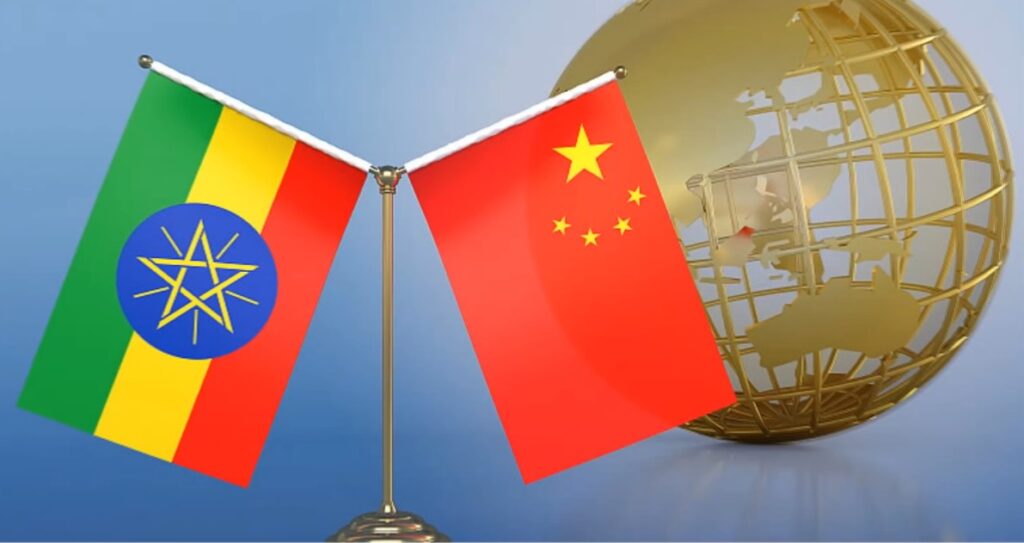Ethiopia’s Agricultural Initiative: Strengthening Partnerships for Food Self-Sufficiency
Ethiopia is making significant strides in enhancing its food self-sufficiency through international partnerships focused on technology transfer and agricultural experience sharing. As the backbone of the nation’s economy, agriculture is pivotal in ensuring the livelihoods of millions of Ethiopians.
Innovations in Agriculture: Ethiopia’s Commitment
During the recent China Africa Agricultural Science and Technology Innovation Alliance Conference held in Addis Ababa from October 26-29, 2025, Professor Nigussie Dechasa, Director General of the Ethiopian Institute of Agricultural Research (EIAR), highlighted the country’s ongoing efforts to bolster national food security. He emphasized the need for targeted improvements in farming communities, recognizing the sector’s crucial role in economic growth.
Ethiopia is keen on utilizing technological advancements and expertise from international allies, particularly China. The partnership aims to leverage Chinese expertise in rice cultivation and agricultural research to drive agricultural growth in Ethiopia.
Focus Areas for Collaboration
Beyond rice, the collaboration focuses on multiple sectors, including cotton production and livestock management. These partnerships are designed to diversify Ethiopia’s agricultural base, thereby boosting productivity and fortifying food security.
A Mutual Beneficiary Partnership
The initiative aims to create a productive partnership that enhances agricultural infrastructure and delivers tangible benefits to rural communities. With attention on establishing a sustainable agricultural framework, the collaboration not only aims to address immediate food security concerns but also empowers local farmers through knowledge exchange.
Training and Expertise Exchange
Zhang Shihong, Livestock Specialist and Team Leader of the China Agricultural Expert Group, underscored the importance of training and research for sustainable farming. His team of Chinese experts is in Ethiopia to facilitate knowledge transfer through training programs, focusing on critical areas such as chicken breeding, animal feed management, and techniques for enhancing beef production.
Sustainable Agriculture Practices
Training sessions also cover vital topics, including pest management, soil fertility, and water conservation strategies, which are essential for preserving biodiversity and maintaining environmental health. These educational initiatives not only enhance the immediate agricultural landscape but also promote sustainable practices that benefit future generations.
Conclusion: A Future of Food Security
As Ethiopia continues to pursue international collaboration and technological innovation in agriculture, the country’s commitment to enhancing food security is clear. The ongoing partnership with China serves as a promising model for leveraging global expertise to achieve local goals, ultimately leading to a more self-sufficient and food-secure Ethiopia.
For further insights on agricultural developments and international partnerships, explore resources at Food and Agriculture Organization and International Fund for Agricultural Development.
